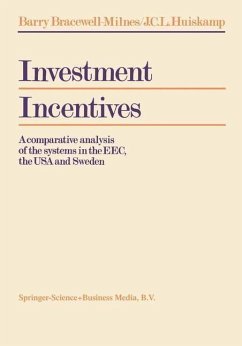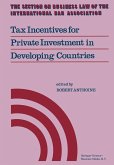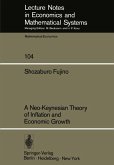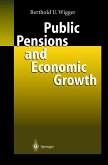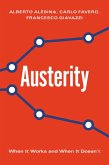Modern society cannot function without a high level of investment, just as it cannot function without a high level of taxation (or its equivalent in communist countries). Both investment and taxation (as a source of government revenue) are important for the level of production and employment. No wonder then that governments are faced with an increasing dilemma between higher taxation on the one hand and the need for stimulating investment by tax reductions or allowances on the other. Related to this is the choice between a market economy which is as free as possible and detailed governmental measures for monitoring and steering investments, not only with the intention to promote economic growth but to further a nu mb er of other social interests as weil. This is to some extent a political issue but the decisions it involves should still be based on sound economic facts and considerations. In many countries one of the important instruments for stimulating and steering investment is the introduction oi\modification of investment incentives within the framework of the tax system. The present book gives a lot of information on this subject. It endeavours to create a conceptual order in the somewhat chaotic multitude of incentives practised by the main industrial countries and studies their economic effects. The authors are weil equipped to do this because they were c10sely involved in the study on this subject made by Erasmus U niversity Rotterdam at the request of the Common Market Com mission.
Dieser Download kann aus rechtlichen Gründen nur mit Rechnungsadresse in A, B, BG, CY, CZ, D, DK, EW, E, FIN, F, GR, HR, H, IRL, I, LT, L, LR, M, NL, PL, P, R, S, SLO, SK ausgeliefert werden.

